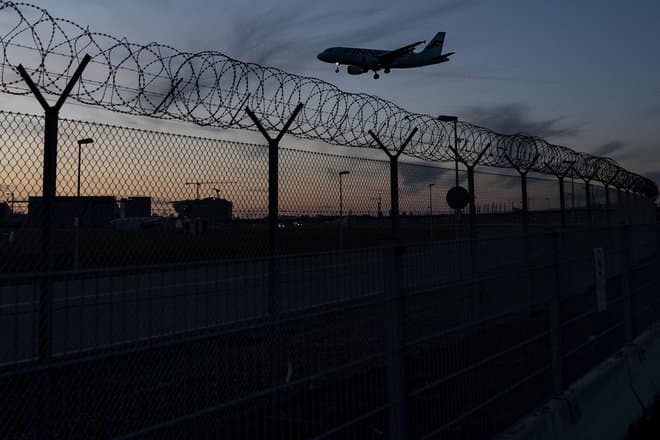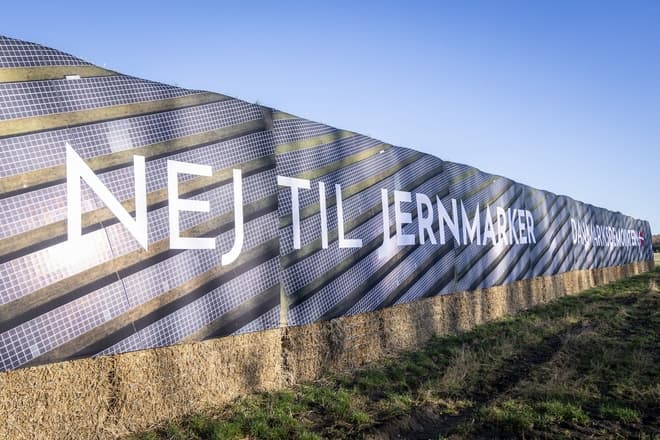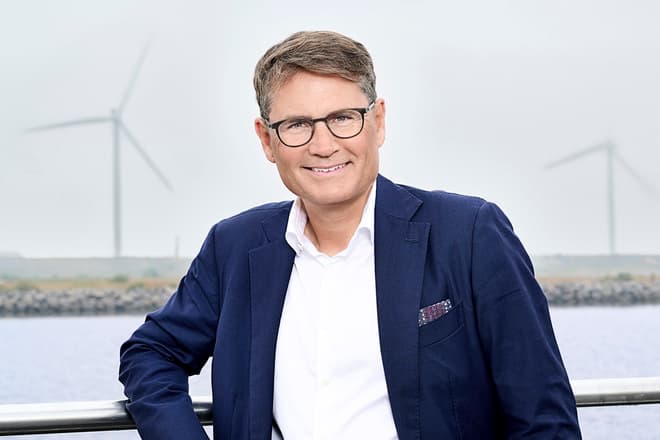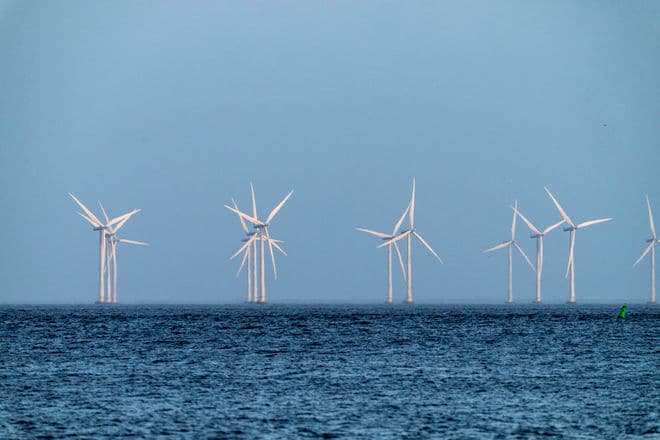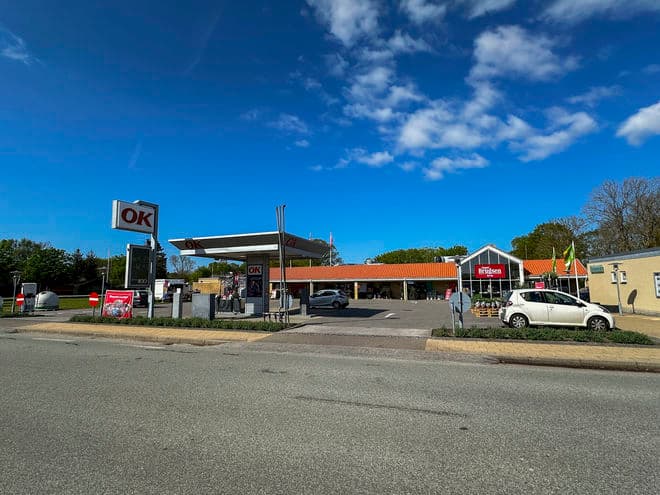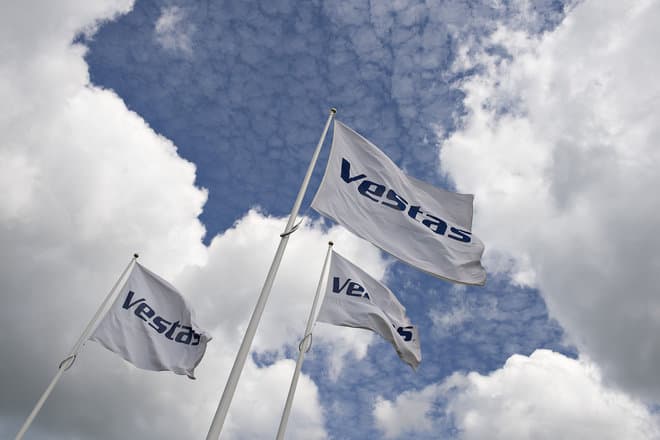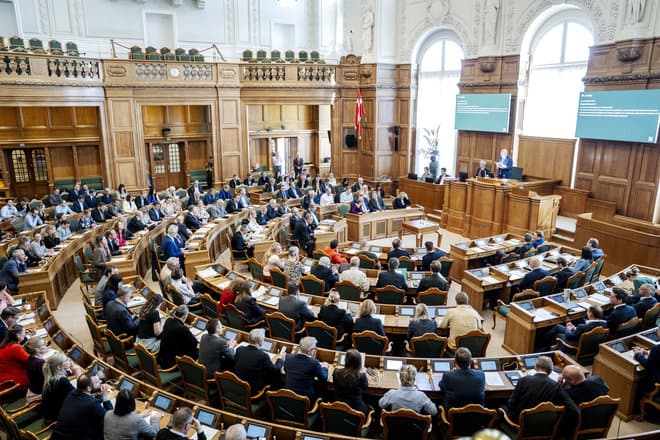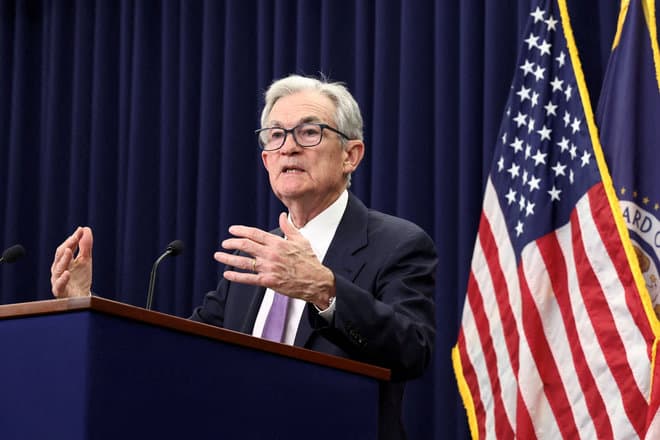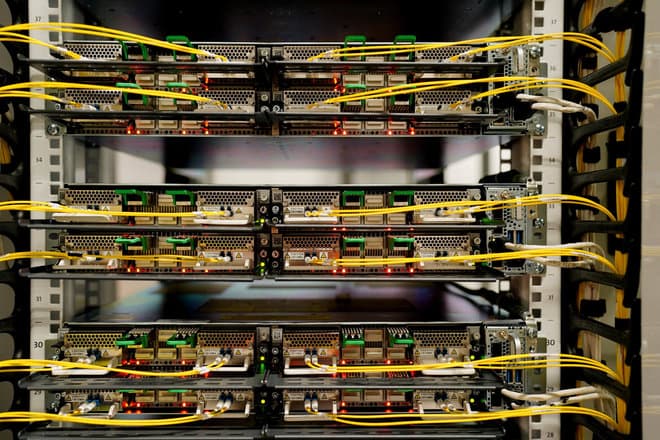The Baltic Sea holds enormous potential when it comes to supplying both Danes and others in the region with green energy to their sockets. This opportunity has only been exploited to a limited extent. But that needs to change now.
On Tuesday, Prime Minister Mette Frederiksen (S) will host an energy summit for the countries in the region, with the participation of EU Commission President Ursula von der Leyen. What will come out of the meeting in concrete terms is not yet known. But everyone in the industry is ready to start building more wind turbines:
- That is why it is also frustrating that there is so much distance between words and action, says Lars Sandahl Sørensen, CEO of the Confederation of Danish Industry.
He says that it takes an average of nine years before an offshore wind farm is approved and can send power to the sockets. But it can be done in half the time.
- We risk that the ambitions in the North Sea and the Baltic Sea will not be realized in Denmark quickly enough, because other projects are coming, he warns.
Expert: Europe will be in good shape with an ambitious agreement
Currently, 2.8 GW of offshore wind is spinning in the Baltic Sea region, of which about half is Danish. However, there is a potential of up to 93 GW by 2050 according to the EU Commission. That is extremely high, says professor of energy planning Brian Vad Mathiesen, Aalborg University.
- If an agreement can be made that meets that goal, we are in a really good position in Europe. Also in relation to achieving the Paris Agreement, he says.
However, the entire potential does not need to be exploited. If an agreement is reached on, for example, 60 GW, it could also go a long way, according to the professor.
- We can expect that up to 30 percent of the EU's need for offshore wind in 2050 can be covered from the Baltic Sea, he estimates.
However, the long processing time is dragging out the work, according to the business community. And the Danes are feeling it.
- We pay sky-high electricity prices today, and this can be linked to the fact that we have too little renewable energy. The longer time goes by, the longer we will have to put up with high electricity bills, says Ulrich Bang, market manager for climate, energy and environment at the Danish Business Association.
Should ensure independence from Russian gas
Tuesday's summit comes a few months after a similar one in Esbjerg with participation from Denmark, Germany, the Netherlands and Belgium. Here, the countries agreed on a goal of tenfolding the capacity for offshore wind in the North Sea to 150 gigawatts by 2050.
Mette Frederiksen also opened the way for faster permits to be issued for the construction of green energy. However, the business community has not yet noticed this.
- If there is to be talk of rapid construction of green energy, the quickest way is to have an "open door" so that players can bid and develop parks and conduct feasibility studies themselves. From the public side, you can then focus on making the electricity grid ready to receive the green power, says Ulrich Bang.
The goal of both summits has been to ensure independence from Russian gas. However, this cannot stand alone, points out Brian Vad Mathisen.
- We are independent of Russian energy at the time the wind turbines are spinning, because we cannot wait to become independent. But we will be in a situation where, for example, imported LNG (liquefied natural gas, ed.) from Qatar or the USA can be replaced with renewable energy, he says.
The Prime Minister hosts a summit in the Baltic Sea to strengthen independence from Russian energy and boost the green transition pic.twitter.com/mjrfmq7GSD
— Prime Minister's Office (@Statsmin) August 24, 2022
/ritzau/
Text, graphics, images, sound, and other content on this website are protected under copyright law. DK Medier reserves all rights to the content, including the right to exploit the content for the purpose of text and data mining, cf. Section 11b of the Copyright Act and Article 4 of the DSM Directive.
Customers with IP agreements/major customer agreements may only share Danish Offshore Industry articles internally for the purpose of handling specific cases. Sharing in connection with specific cases refers to journaling, archiving, or similar uses.
Customers with a personal subscription/login may not share Danish Offshore Industry articles with individuals who do not themselves have a personal subscription to Danish Offshore Industry.
Any deviation from the above requires written consent from DK Medier.







